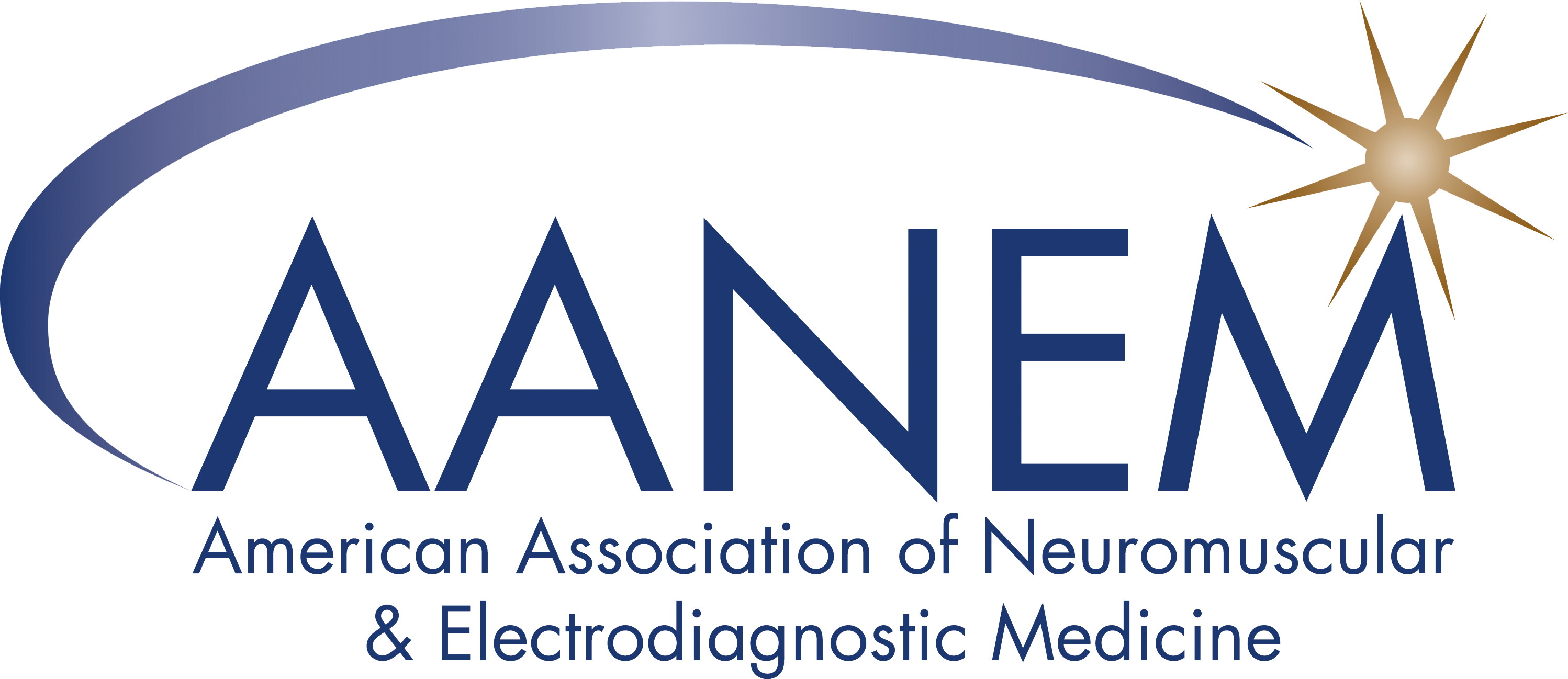Science News: Value of Systematic Genetic Screening of Patients with Amyotrophic Lateral Sclerosis
Published June 23, 2021
Education Science News
 Submitted by: Francisco Gomez, MD
Submitted by: Francisco Gomez, MD
Edited by: Hristelina Ilieva, MD, PhD
Shepheard SR, Parker MD, Cooper-Knock J, et al. Value of systematic genetic screening of patients with amyotrophic lateral sclerosis. J Neurol Neurosurg Psychiatry. 2021;92(5):510-518. doi:10.1136/jnnp-2020-325014
Summary: Amyotrophic lateral sclerosis (ALS) is a progressive neurodegenerative disease comprising injury and cell death of upper and lower motor neurons in the brainstem, spinal cord and cortex. Overt respiratory failure and death occur on average at 2–5 years of onset. Up to 50% of cases also show mild cognitive impairment, with approximately 5% progressing to clinically recognized frontotemporal dementia (FTD). The majority of cases are sporadic, however, 5%–10% have been shown to be familial. The genetic cause of approximately 60%–70% of familial ALS (fALS) cases has now been identified. Genetic risk factors, especially those with high penetrance correlate with earlier onset.
The most common genetic cause of ALS is due to expansion of a 6-nucleotide (GGGGCC) repeat in the first intron of the C9orf72 gene; other genes implicated include SOD1, TARDBP, and FUS. The authors sought to determine the value added by screening ALS patients for genetic factors.
They included 100 patients meeting ALS diagnostic criteria at a single center in England, and tested for 44 mutations. Quite notably, 21% of patients with ALS were found to carry a confirmed pathogenic or likely pathogenic mutation, of whom 93% had no family history of ALS. Moreover, 15% met inclusion criteria for clinical trials of medications beyond edaravone and riluzole. Several variants of unknown significance were also identified, which the authors theorized may be implicated in pathogenicity.
Comments: The article raises an important point. It provides a clear argument for ALS genetic screening even when there is a lack of familial history. The percent of singletons (ALS cases without known family history) may differ from one population to another (UK vs USA), but discussing the option of genetic screening is appropriate in all patients. Physicians working in ALS clinics and with neurodegenerative conditions in general will be tremendously aided by a genetic counselor who can guide the families. Furthermore, genetic testing may increase the capture rate for patients eligible for clinical trials. There are at least 2 trials centered on genetic cause of ALS in the USA currently and their number may increase in the future. Practically, the cost of genetic screening has become lower by introduction of new technologies and at least one company offers genetic screening for point mutations in ALS and PD for USA- based patients for free.
